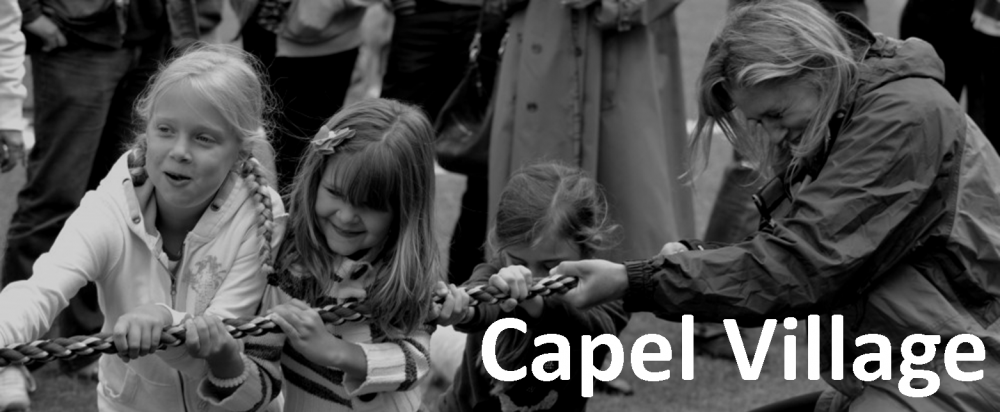Beware of the ides of March’ is a response I regularly receive whenever I’m asked to give my date of birth. The soothsayer who warned Julius Caesar of this day in William Shakespeare’s play might have warned me of 15th March this year. For it was the last time that I attended public worship and received the sacrament of Holy Communion. After 18 weeks, I’m very excited at the prospect of attending a celebration of the Eucharist in St Anne’s Church, Bagshot next Sunday. And yet, through enforced abstinence of the Eucharist, I’ve reflected on it from a totally different perspective – and been challenged in two particular ways.
First, by pondering the whole meaning of sacraments as an outward and visible sign of an inward and spiritual grace. I’ve been helped a little in this by revisiting some of the writings of the French Jesuit priest and palaeontologist, Pierre Teilhard de Chardin (1881-1955). In the course of a scientific expedition, he found himself unable to celebrate the Eucharist. He wrote “since I have neither bread, nor wine, nor altar, I will raise myself beyond these symbols, up to the pure majesty of the real itself”. He went on to say “the world is the final, and the real Host into which Christ gradually descends, until his time is fulfilled. Nothing is at work in creation except in order to assist, from near at hand or from afar, in the consecration of the universe”. It’s a beautiful picture of the cosmos as the Eucharist into which God descends –prompting us to open our eyes to see God’s ‘real presence’ at work in the world.
The second way I’ve been challenged by abstinence from the Eucharist, has been to ask myself to what extent am I truly eucharistic – in my response to God’s generosity? The word eucharist comes from the Greek word εὐχαριστία which means gratitude or thankfulness. To be a truly eucharistic person is to be a person whose life is (in the words of the order for Holy Communion from the Book of Common Prayer) a ‘lively sacrifice’ in response to the extravagant, inestimable generosity of God expressed supremely through the sacrifice made by Jesus on the cross. It’s a word which is central to one of my favourite verses from St Paul’s letter to the Colossians (3:17) and which exhorts us to offer our whole lives as a thankful response to the God whose generosity knows no bounds: “whatever you do, in word or deed, do all in the name of the Lord Jesus, giving thanks to God the Father through him”.
Generosity is powerfully transforming. For this reason, I’m so pleased that during the month of October, as a diocese, we will be focussing on the theme of ‘transforming generosity’. As many of us gradually resume the privilege of being part of a physical eucharistic community, it will enable us to be challenged about our eucharistic character: reflecting on generous giving as part of our discipleship and worship, and seeking to respond by continuing to build generous churches so that, in Teilhard de Chardin’s words, we may assist God, through our small ways, in the consecration (or transformation) of the universe.
Archdeacon Paul
The post COVID-19 Briefing 14/07 appeared first on The Parish of Capel and Ockley.
